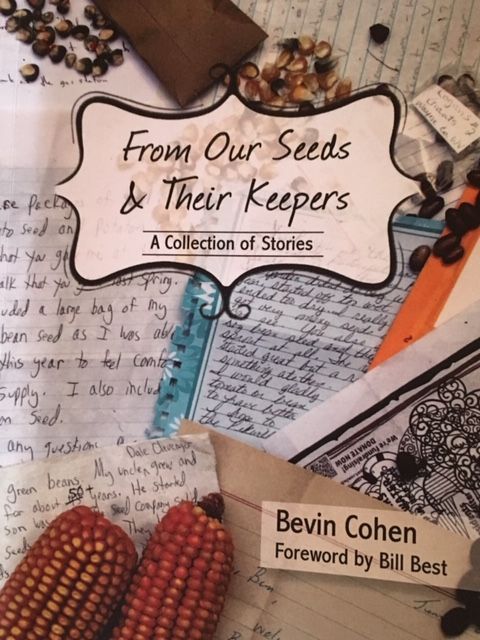
I’ve been thinking a lot about seeds lately due to the fact that I have a pile of seed catalogs sitting here awaiting perusal. I also recently finished reading From Our Seeds & Their Keepers by Bevin Cohen, which has definitely inspired me to start saving more seeds than I do.
I have saved seed over the years, although I must admit that I have supported numerous seed companies also. It is such a lovely way to spend a winter’s afternoon or evening, sitting by the woodstove, browsing through the colorful catalogs turning down page corners or circling selections that you feel that you must have. I always circle way more than I ever actually purchase. It is a healthy pastime to dream of spring and gardens to be, especially as the snow is falling outside. I like to think how the garden and trees are blanketed by the snow, which is actually beneficial to them.
It is also a good time to take stock of seeds that you already have and perhaps even sprout a few to test them for viability if you have had them around for more than a year or two. Now is the time that seed swaps are starting to happen around the country. I find it is a good time to read gardening books and check out moon and sun sign books. My gardening friend Anne Thompson, recently sent me a gardening calendar that is new to me–Stella Natura: Working with Cosmic Rhythms Biodynamic Planting Calendar. It contains Inspiration & Practical Advice for Gardeners & Professional Growers as well as monthly 2019 calendar charts and is full of thought-provoking articles. It is published by Camphill Village Kimberton Hills (check out their website to read about their community!) and can be ordered at https://www.stellanatura.com/
From Our Seeds and Their Keepers is a collection of stories by my friend Ben Cohen. I met Ben a few years ago at an International Herb Association conference in Michigan, where he was a vendor and a speaker. At that time, Ben told us about his life and his business, Small House Farm, and how he got started, gardening, and about the products he and his family make. Many things that Ben said and does resonated with me and other like-minded folks in our group. I love that Ben presses his own oils to use in his products and makes everything naturally and with thoughtfulness and caring. I have bought many of his oils, salves, tinctures, seeds, roll-ons and more and I must say they are of high quality and they work.
With this kind of work ethic, Ben jumped into seed saving–and apparently it is a passion for him. He is good at it and it has connected him with other seed savers and I feel that it is part of his life’s mission. His boundless enthusiasm is infectious and has taken him to many seed saving swaps–in fact he is a presenter at many seed saving events aound the country. Check out his schedule at https://www.smallhousefarm.com/ where you can also order his wildcrafted wellness products and an autographed copy of his book.
Ben reinforces that “food is only as local as the seed that grows it”. Interestingly, he points out that the most popular seeds that people save are beans, squash and corn. Funny, because the first seeds that I ever saved were beans and squash. Well if you think about it–they are large seeds–they are noticeable and pretty easy to save. Beans don’t require a lot of effort to save other than shelling and we oftern remove the seeds from winter squash anyway.
In From Our Seeds and Their Keepers, Ben interviews seed savers that he has met from around the country; first he tells his story of how and where they met and then the seedkeeper tells the story of their seed and how and why they save them. This is a collection of stories about seeds and their keepers; it is also a story about community. It is an interesting, fun and easy read that will inspire you to seek out local seed swaps and seed libraries in your locale. Ben included a paper written by Danielle Brugnone “The Commodification of Seed, The Deskilling of Farming & Gardening. and the Potential of Seed Libraries for Preserving Seed Sovereignty” which is informative (told me a lot that I was not aware of) and somewhat sobering.
As an herbalist, I started saving herb seeds to dry for the next season’s crop; seeds from flower umbels like dill, fennel, coriander, chervil, etc. are easy to save. The Herb Society of America has a seed exchange–I have donated seeds to them–and gotten seeds from them too. I am inspired to save more seeds–as well as look for some seed swapping opportunities in my neighborhood.
Ben Cohen has begun his storytelling with his first book and I know that there will be more to come because he is a storyteller and a seedkeeper. I leave you with the question on the back of his book: “What’s your seed story?


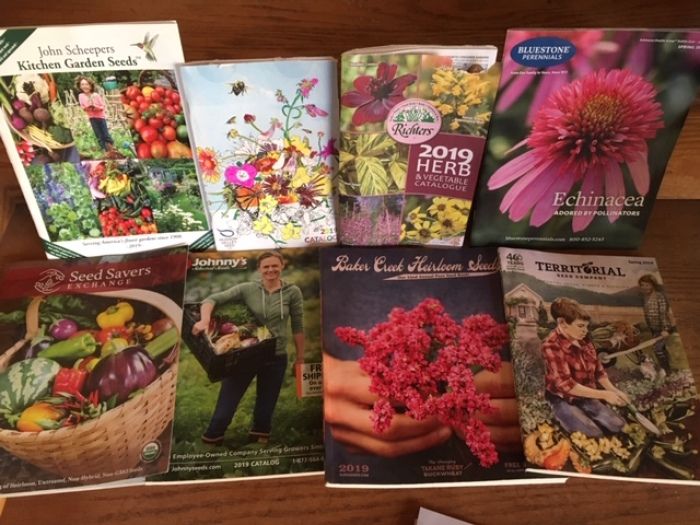
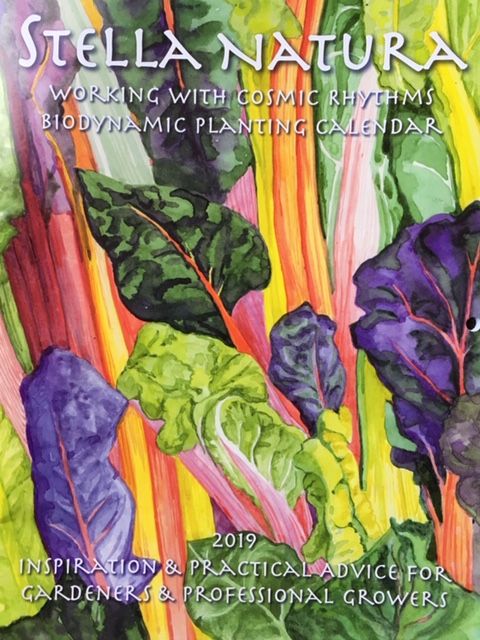
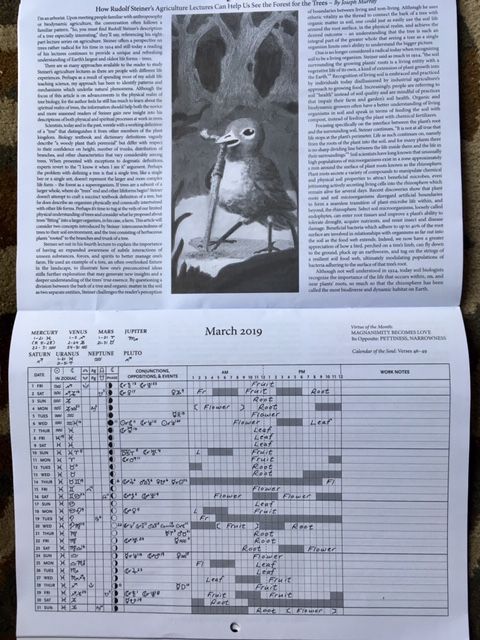
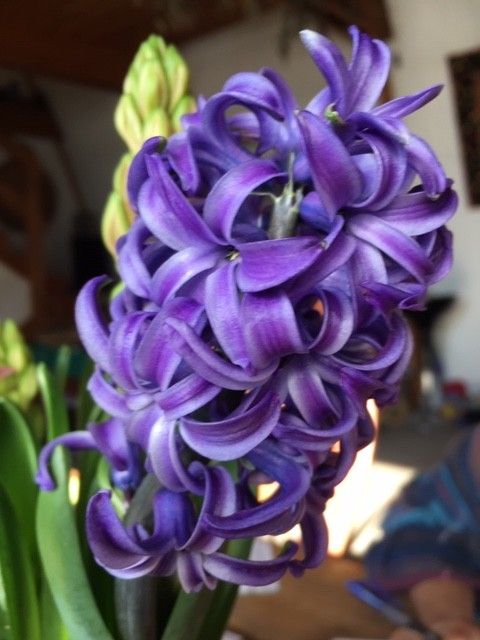




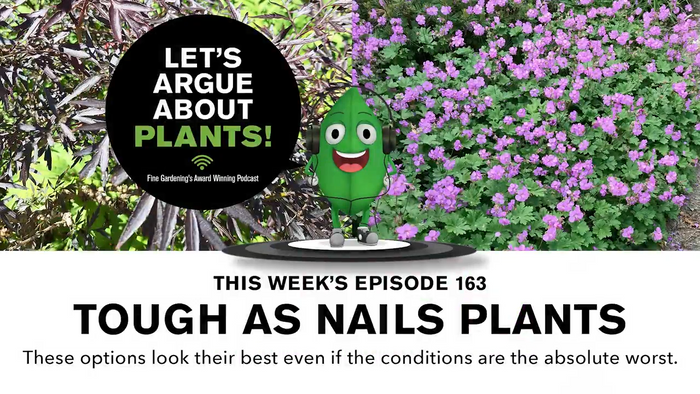
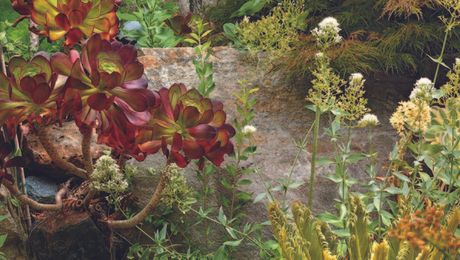
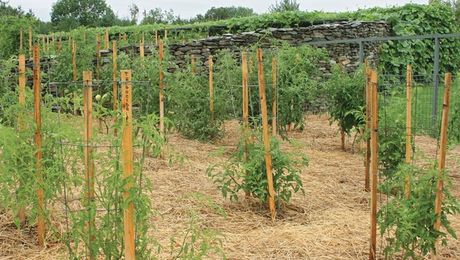









Comments
Log in or create an account to post a comment.
Sign up Log in